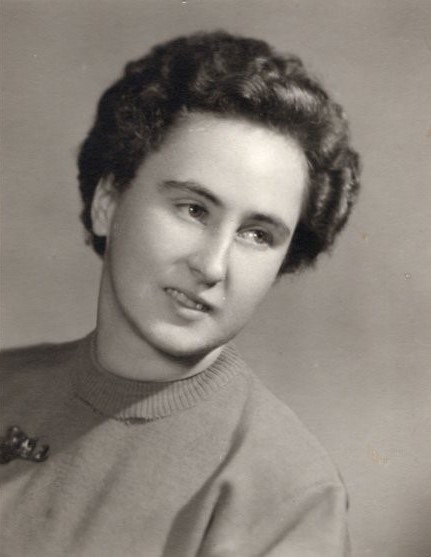I‘ve never been a comrade

Stáhnout obrázek
Olga Adámková was born on 15 April 1932 in Olomouc. Her father Josef Adámek worked for the Czechoslovak State Railways, her mother Ludmila took care of the household. Her brother Lubomír, four years older, died in 1943. Olga witnessed the arrival of Nazi occupation troops in Olomouc on 15 March 1939. As a child, she became friends with a Jewish girl who later disappeared in transports to concentration camps. In the city she felt the hostility between Czech and German children. On Sunday, December 17, 1944, she heard the explosion of a B-24 Liberator bomber in the outskirts of Olomouc. She lived through the end of the war in Doloplazy in the Prostejov region, where she saw direct combat action. As a trainee she took part in the XI All-Sokol Meeting in 1948. After the war, she graduated from a grammar school and a pedagogical college. From 1954 she taught for thirty-five years at various primary schools in Olomouc and the surrounding area. She repeatedly refused membership in the Communist Party. In 1968 she was involved in anti-occupation protests, for which she was later punished by being transferred to a primary school outside Olomouc. After her retirement, she gladly helped as a substitute in many Olomouc schools.






















